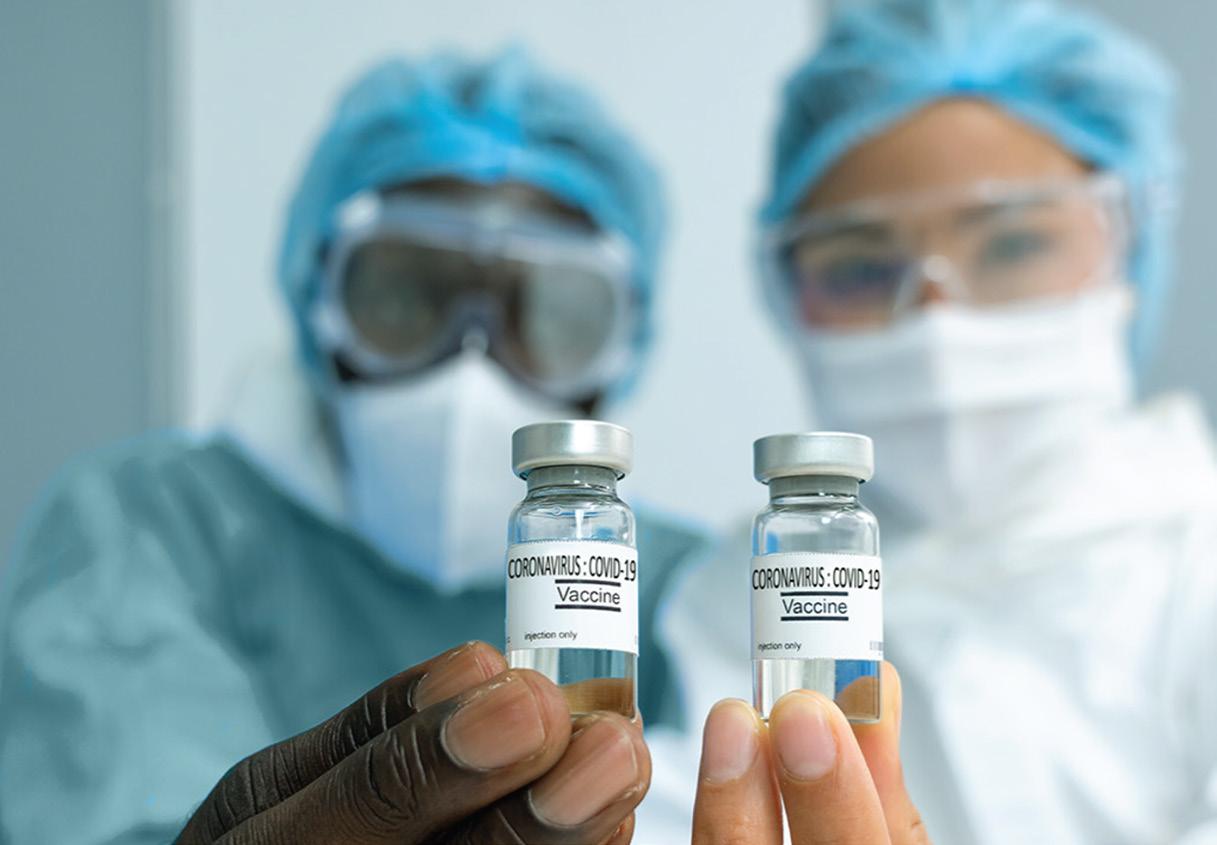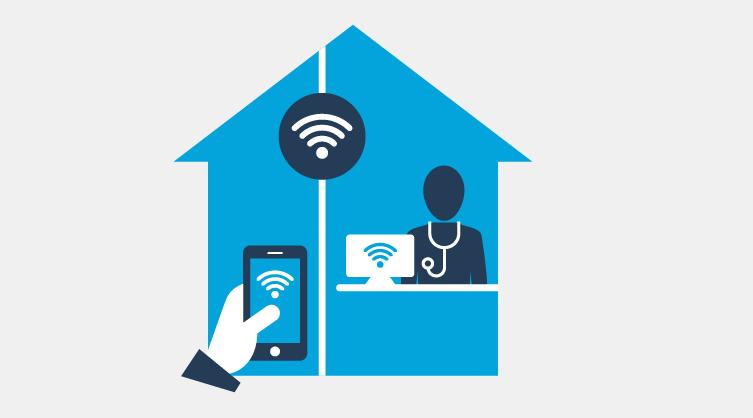AMA NEWS
COVID-19 VACCINE HESITANCY: 10 TIPS FOR TALKING WITH PATIENTS By: Tanya Albert Henry, Contributing News Writer Physicians have their work cut out for them in trying to get patients to take a COVID-19 vaccine. In early December, just 56% of people told researchers that they were somewhat or very likely to be vaccinated, according to a research letter published in JAMA. On top of that, 29% of people who work in a health care delivery setting told pollsters for the Kaiser Family Foundation (KFF) that they probably would not or definitely would not get a COVID-19 vaccine, even if it were available for free and scientists had deemed it safe. So, what are some things to do to help your patients move from vaccine hesitancy to vaccine acceptance? Internist Marie T. Brown, MD, the AMA’s director of practice redesign, discussed strategies during a recent AMA webinar, “Vaccinations: Roadmap for Success.” She also joined infectious disease specialist Constance A. Benson, MD, a professor of medicine and global public health at University of California, San Diego, in discussing tips during a recent episode of “AMA COVID-19 Update.” Here are some of their suggestions. Understand your patients’ concerns Some Black patients may be hesitant because of mistrust in the medical community stemming from experiences such as the Tuskegee syphilis study; some Hispanics may be hesitant because of a more general mistrust of the government stemming from immigration or border-patrol experiences. Physicians should try to meet patients in the middle and build trust, recognizing what has happened so they can then move forward. Ask why a patient is hesitant If someone declines the vaccine, you can say, “May I ask why? What have you heard in your community?” It is a less judgmental way to find out what they may be thinking, giving patients the opportunity to give frank voice to concerns they might have while attributing them to others.
16 Macomb Medicus | April/May/June 2021
Counter any misinformation People hear and see a lot of misinformation in their social circles and on social media. Pew Research Center found that substantial minorities believed in COVID-19-related conspiracy theories. As a physician, you need to correct any misinformation a patient may give for not getting the vaccine. Know you are the most trusted information source Physicians can be effective in countering vaccine misinformation, said Dr. Brown, who is also a professor of internal medicine at Rush University Medical College. KFF research found that a person’s own physician or health care provider is the most trusted source for information on the COVID-19 vaccine, with 85% of respondents holding this belief no matter their gender, sex, ethnicity or political belief. Tell patients they need to get the vaccine Adult patients say the second biggest reason they don’t get an immunization is that a “doctor hasn’t told me I need it,” according to a 2008 study in the American Journal of Medicine, “Barriers to Adult Immunization.” Saying nothing is saying something, Dr. Brown noted. Tailor your message To reach people no matter their political view—or whether they believe a vaccine is a personal choice or collective responsibility—focus the discussion on how getting a vaccine can help protect a loved one such as a grandparent, a child or someone who is immunocompromised. Address patients’ fears about side effects Start a conversation by asking a patient how they felt after their last vaccination, such as a flu shot. Ask if they had any side effects or other reaction. Then you can move the conversation to tell them the COVID-19 vaccine is not much different and prepare them for the possible side effects they may experience. Preparing patients to expect muscle aches and fatigue if a second dose is required can help prevent them from worrying that the vaccine “gave them the disease,” calling you with concerns and more importantly discouraging their family and friends from getting vaccinated. Hope for the best but prepare them for the worst. Prepare your staff to answer questions The AMA has produced a COVID-19 vaccine script for patient inquiries to help physicians and their staff answer patient questions. The AMA has developed documents to answer frequently asked questions about COVID-19 vaccination: one is aimed at physicians, and the other addresses patient queries.









